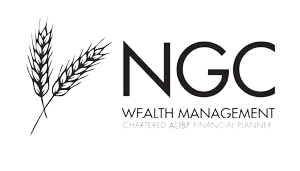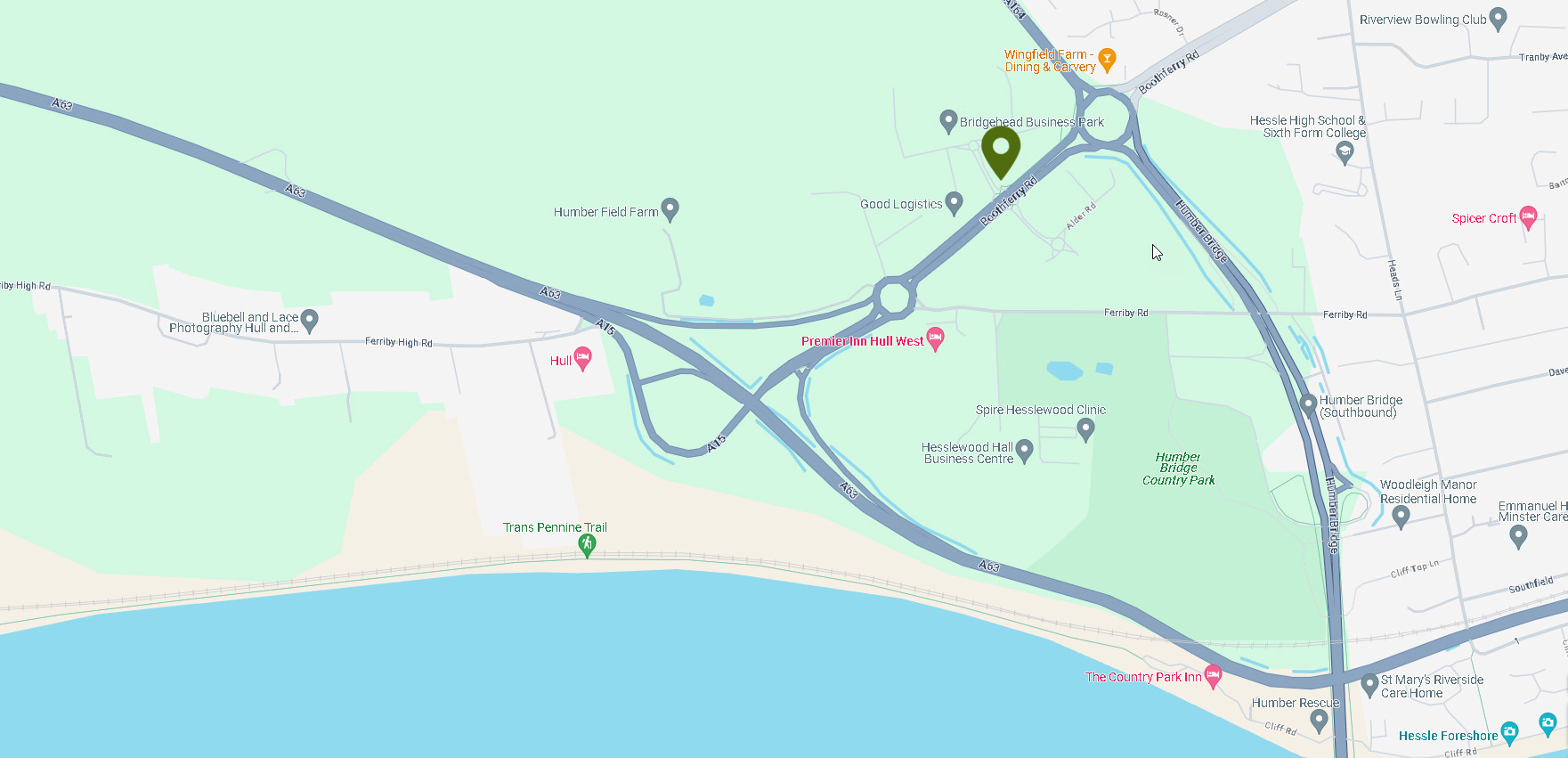- call us now! 01482 692421
Building an Emergency Fund
Nov 19, 2024
Life can throw us unexpected curve balls. An emergency fund (sometimes referred to as a contingency fund, emergency savings or a rainy-day fund) refers to savings designed to help in case of unexpected expenses or a financial emergency.
What would I use an emergency fund for?
Having an emergency fund can give you a financial buffer during difficult times. This includes losing your job, the cost-of-living increases sudden illness, expensive and unavoidable repairs to your car or home, and major world events like a financial crash or global pandemic.
How much should I save in an emergency fund?
It’s usually recommended that your emergency fund cover 3-6 months of expenses, so you have enough money to pay your rent or mortgage, bills, food and travel if you lose your main source of income.
How do I start an emergency fund?
You can start an emergency fund today by creating a savings account and transferring money into it each month. Many people opt to set up a standing order to automatically transfer money to their savings account every payday. It doesn’t need to be a lot: you can save as little or as much as you can afford. Ten per cent is a good starting point, if possible, but saving as little as one percent of your salary every month is better than nothing.
What types of emergency funds could I get?
You can create a savings account specifically dedicated to your emergency fund. There are different types of savings accounts to choose from:
• Instant access savings accounts: These are savings accounts that you can withdraw money from instantly. They will give you some interest, but it is typically less than other types of savings accounts.
• Limited-access savings accounts: These accounts typically offer higher interest rates but come with withdrawal restrictions so you can’t take money out as frequently. There may also be a delay between when you withdraw the money and when you’re able to access it.
• Fixed-rate savings accounts: These accounts are for saving a lump sum of money for a specific purpose - like a mortgage or a specific expense. The interest is fixed, so it won’t rise or fall, and you also probably won’t be able to access your money until the agreed time ends. These types of accounts aren’t ideal for emergency funds because you can’t access the money quickly if your circumstances change.
• Cash ISA: The interest you accrue in a cash ISA is tax free but there is a limit on how much money you can have in an ISA - at the moment it’s £20,000. You can get easy access, limited access and fixed rate cash ISA options.
• High-yields savings accounts: You can pay up to fifteen times more into a high-yield savings account than the national average of a regular savings account. They typically offer higher interest rates too.
Feeling overwhelmed? Speak to an adviser about your unique circumstances to find the right emergency fund for you.
*Cash on deposits is not regulated by the Financial Conduct Authority.


